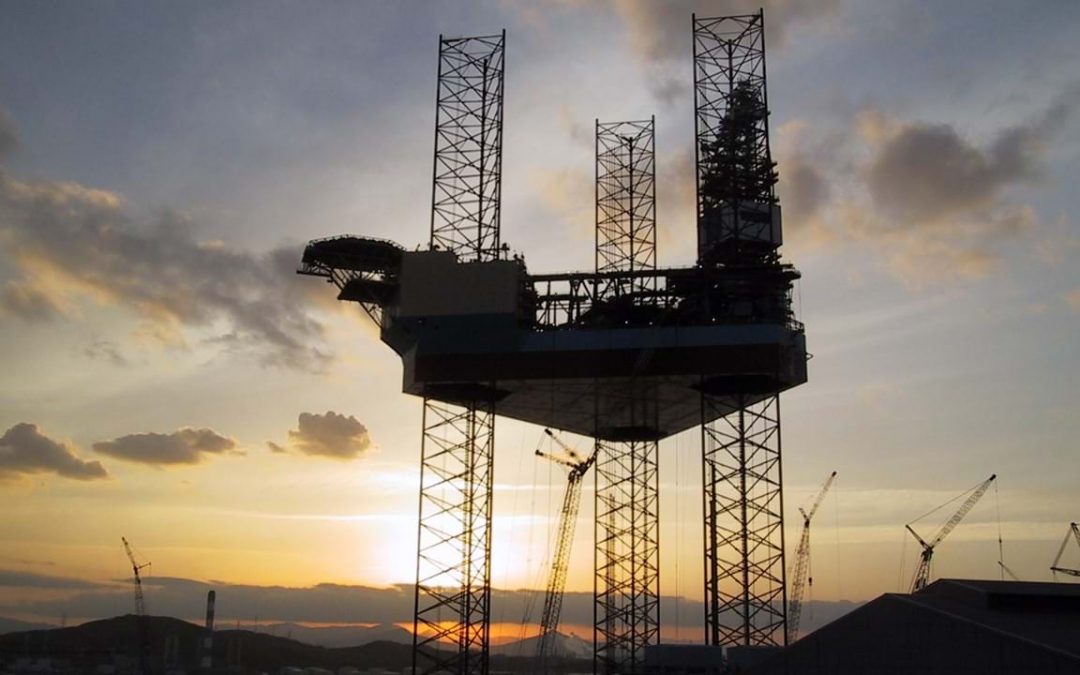The UK’s competition regulator has found that the proposed merger of Noble Corporation and Maersk Drilling could increase operating costs for oil and gas producers in the UK North Sea due to lessening of competition.
The merger between Noble and Maersk Drilling was announced in November 2021 and the UK’s Competition and Markets Authority (CMA) launched its merger inquiry in February 2022, setting the deadline for making the phase 1 decision by 22 April 2022.
The CMA’s investigation primarily focussed on the two businesses’ overlapping activities in the supply of jack-up rigs commonly used for offshore drilling by UK customers in the North Sea.
Following the phase 1 investigation, which concluded on Friday 22 April, the CMA has found the deal raises competition concerns in the supply of jack-up rigs for offshore drilling in North-West Europe (comprising the UK, Denmark, and the Netherlands).
The merging businesses are two of the four main suppliers in this market, with the other two being Valaris and Borr Drilling.
Tender data shows significant competitive interaction between the four main suppliers, including between the two merger parties. The tender data also shows that both parties regularly bid against each other and are successfully winning contracts.
The regulator has also revealed that the majority of customers who responded to its investigation have expressed concerns about the impact of the merger on competition.
The CMA believes that entry or expansion would not be sufficient to prevent a realistic prospect of a substantial lessening of competition (SLC) as a result of the merger. The regulator, therefore, believes that the merger gives rise to a realistic prospect of an SLC as a result of horizontal unilateral effects in the supply of jack-up rigs for offshore drilling in NW Europe, including the UK.
Therefore, the CMA is concerned that the combined businesses would not face sufficient competition after the merger, which could lead to higher prices and lower quality services for oil and gas producers in the North Sea.
If the merging businesses are unable to address the CMA’s concerns, the deal will be referred for an in-depth Phase 2 investigation, to be carried out by a group of independent CMA panel members.
Colin Raftery, Senior Director of Mergers at the CMA, said: “Offshore drilling services are critical for oil and gas producers. Our investigation showed that Noble and Maersk have competed closely in the past and face only limited competition. We’re therefore concerned that the loss of competition that this deal would bring about could result in higher prices or lower quality services, increasing operating costs for oil and gas producers in the UK North Sea.”
According to the regulator, Noble and Maersk Drilling have five working days to offer proposals to the CMA to address the competition concerns identified. The CMA would then have a further five working days to consider whether to accept these in principle instead of referring the case to a Phase 2 investigation.
The proposed merger has already been unconditionally approved by the competition authorities in Brazil, Norway, and Trinidad & Tobago.
However, as if anticipating the regulator’s concerns, Noble and Maersk have recently said they expect to have to sell certain North Sea rigs to get the UK regulator’s clearance.
The two companies believe that the financial and strategic rationale underpinning the merger remains intact and compelling for all stakeholders irrespective of the divestment of the remedy rigs. Before the regulator shared its concerns, Maersk and Noble expected to close the transaction in mid-2022.
The two have already revealed a board of directors and a management team for the new combined company, which will become effective upon the closing of the merger.
Source: Offshore Energy





